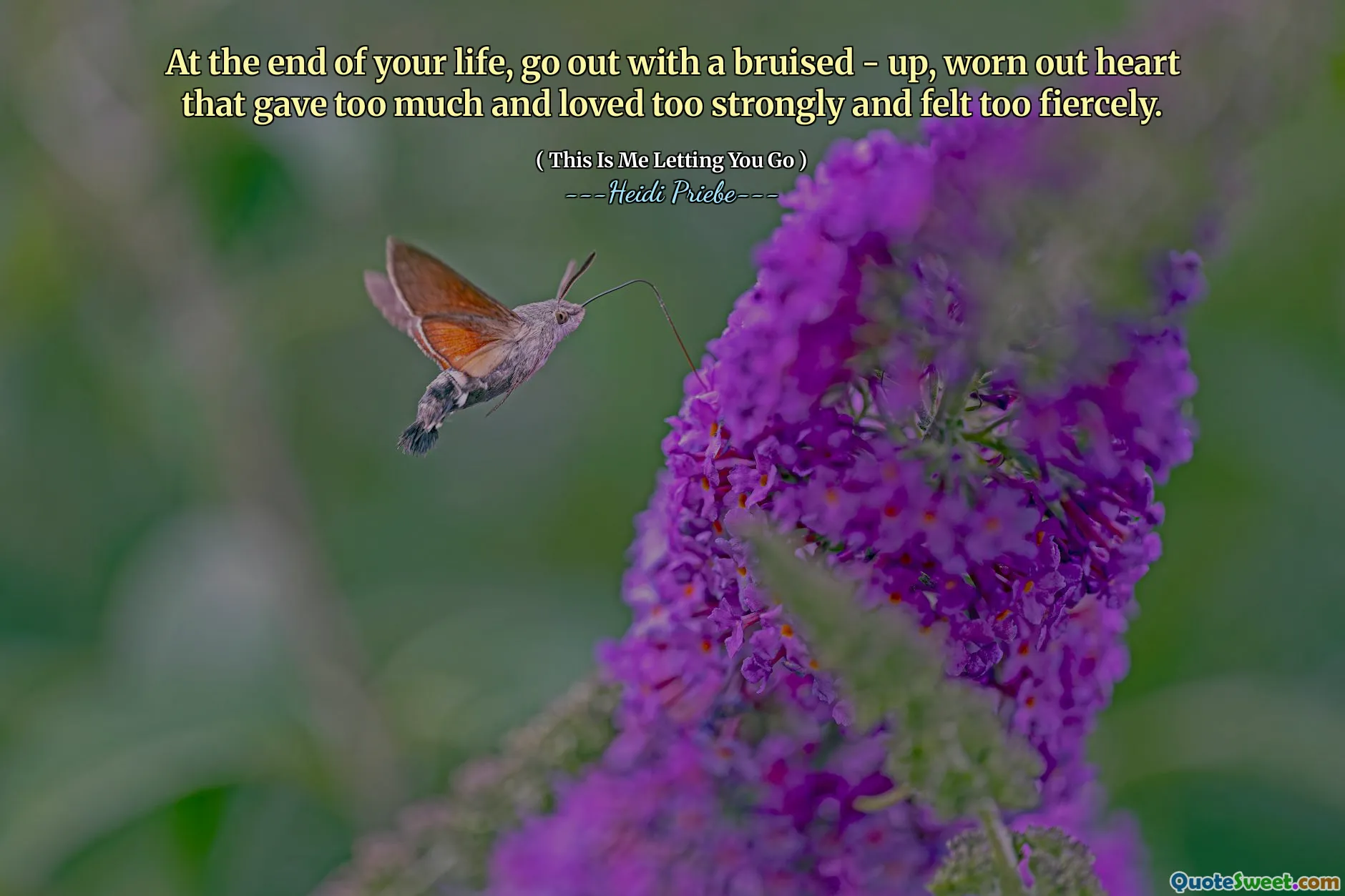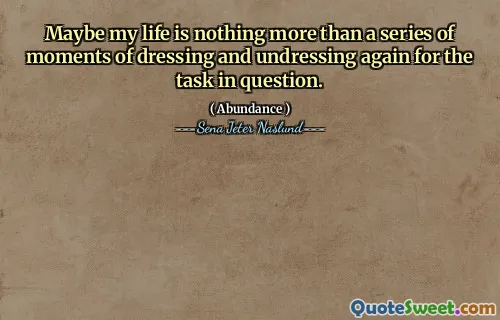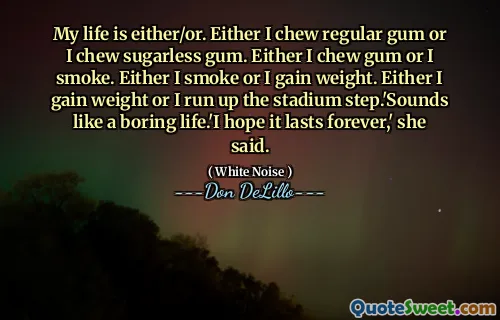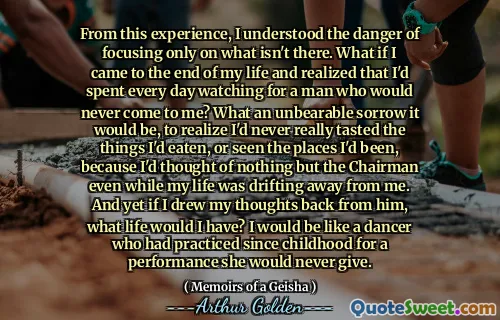
At the end of your life, go out with a bruised - up, worn out heart that gave too much and loved too strongly and felt too fiercely.
This quote resonates deeply as it champions the idea of living fully and authentically, even at the risk of emotional vulnerability. It suggests that the richness of life is found in love that is intense, fervent, and unreserved. When we love passionately and open ourselves completely, we inevitably encounter pain, disappointment, and heartache. However, these experiences are the very fabric of a meaningful life, shaping us into more compassionate and understanding individuals.
Living with an open heart means choosing to experience love and belonging without reservations, knowing well that vulnerability may lead to scars. Yet, these scars are badges of bravery—marks of a life well-lived. The quote evokes a sense of noble sacrifice, emphasizing that regret often stems from holding back out of fear, rather than from genuine emotional investments. It encourages us to embrace the possibility of loss as part of the process of truly loving.
Moreover, the notion of leaving a life “bruised-up, worn out” implies a life lived with intensity, not one of superficiality or emotional guarding. It celebrates resilience—the ability to give everything, take hits, and keep going. This perspective fosters courage in love and in life, urging us to prioritize authentic connection over comfort and safety. Ultimately, it’s a reminder that a life without deep feeling is perhaps less worth living than one where we dare to feel fiercely, love openly, and accept the inevitable pain as part of the experience.
In aligning with this philosophy, we find that even a broken heart can be beautiful because it signifies that we have loved with all our being. The quote is a powerful call to live boldly, love unapologetically, and embrace the full spectrum of human emotion, knowing that the genuine joys of life inherently come with the possibility of sorrow.
(This Is Me Letting You Go) - Heidi Priebe




